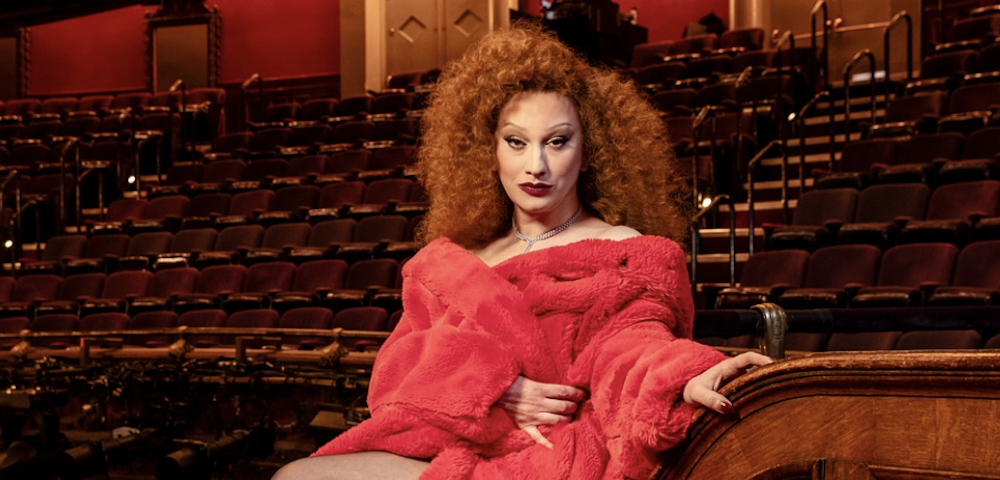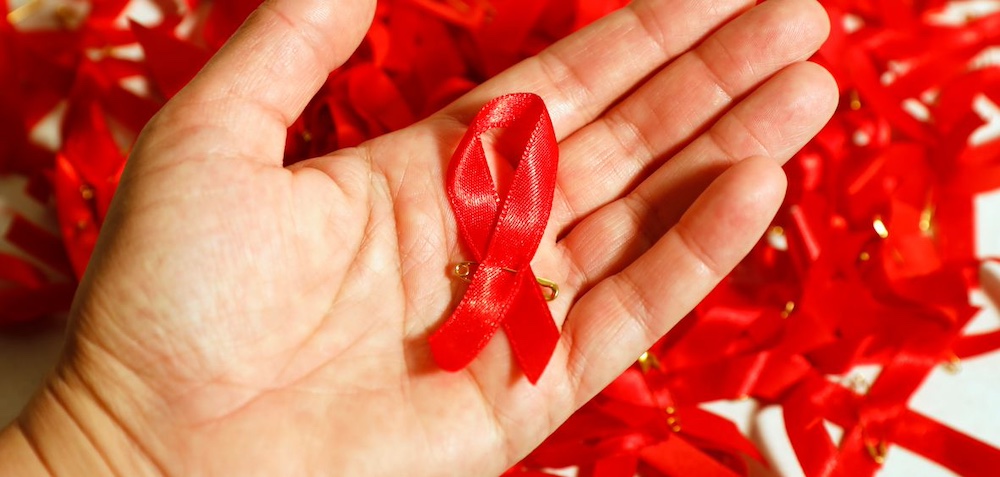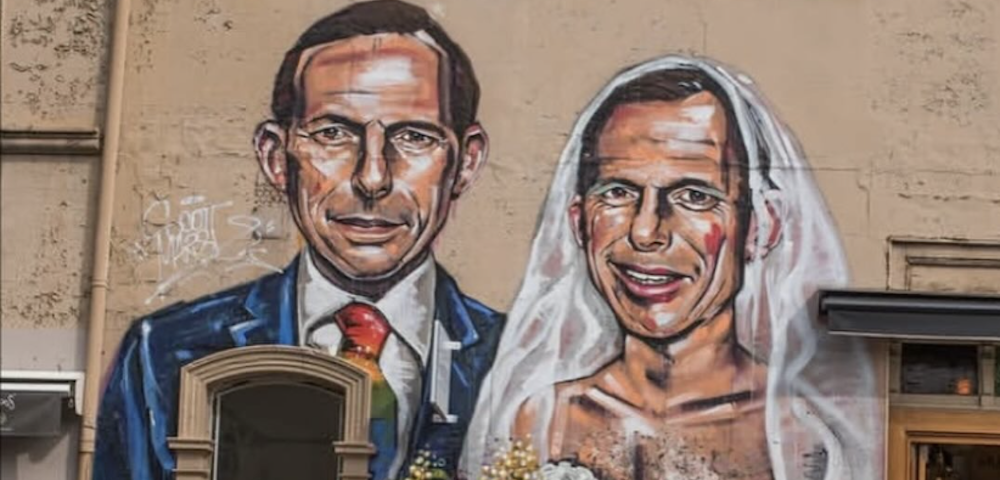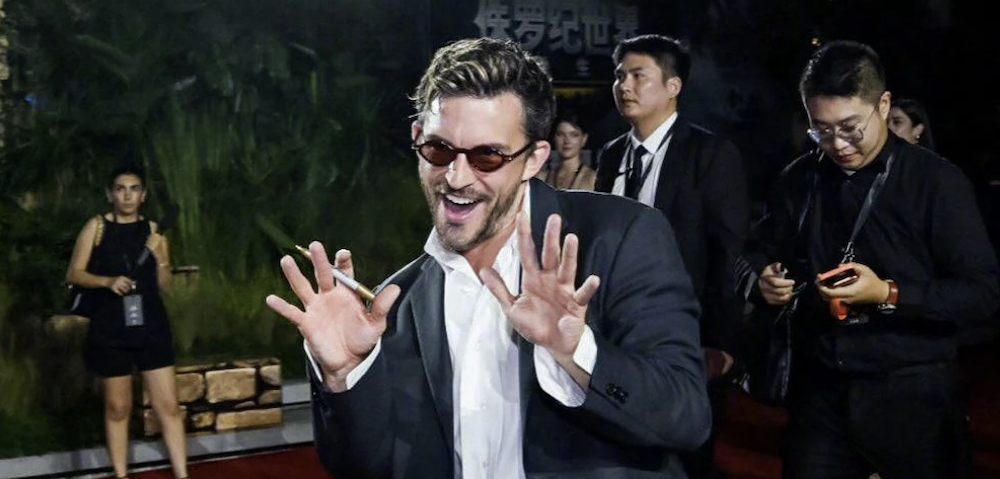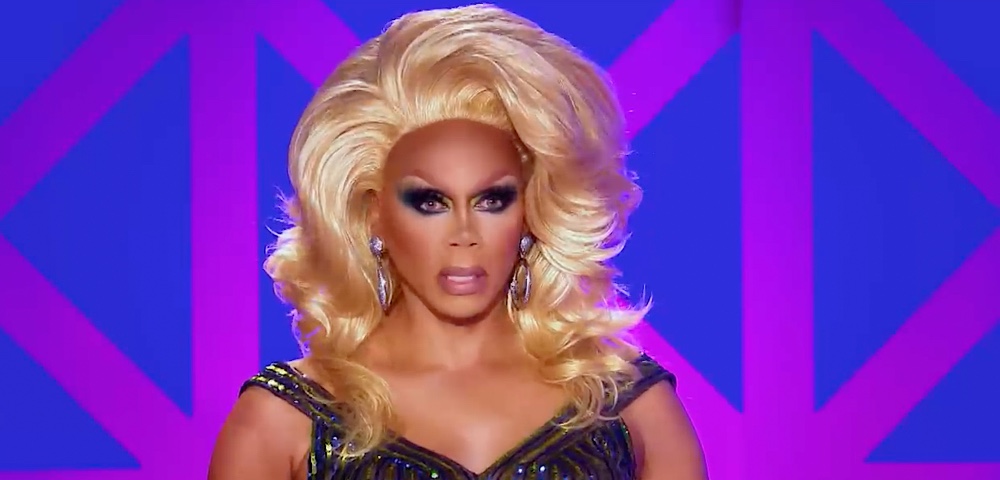
World Athletics Bans Trans Women Athletes From Competing In Elite Competitions
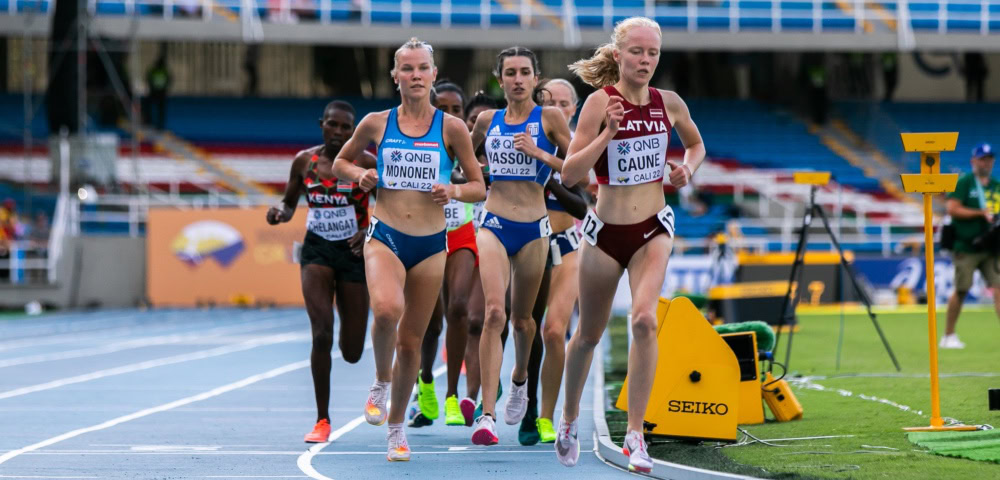
World Athletics has banned transgender women athletes who have been through male puberty from competing in elite female category competitions from March 31, 2023.
The apex governing body also changed its regulations with regard to athletes who have Differences of Sexual Development (DSD), and will now require them to reduce their “testosterone levels below a limit of 2.5 nmol/L for a minimum of 24 months to compete internationally in the female category in any event.” Earlier this applied only to 400 metres to one-mile competitions.
According to World Athletics (WA), there are currently no trans women athletes competing internationally in athletics.
The change in DSD regulations will however impact athletes, including, Caster Semenya (two-time Olympic 800 metres gold medalist), Christine Mboma (2020 Olympics 200 metres silver medalist) and Francine Niyonsaba (2016 Olympics 800 metres silver medalist).
This follows a ban last year by World swimming’s governing body banning trans women swimmers after it changed its inclusion guidelines to only allow swimmers who had transitioned before age 12 to compete in women’s competitions.
Maintaining Fairness For Female Athletes, Says WA
BREAKING: World Athletics excludes transgender women from elite female track & field competition following review from March 31st.
President Lord Coe: “the Council agreed it must be guided by our over-arching principle which is to protect the female category.” ⬇️ pic.twitter.com/qXfBWUPGCn— Dan Roan (@danroan) March 23, 2023
World Athletics justified the ban on trans women athletes saying “it had decided to prioritise fairness and the integrity of the female competition before inclusion”.
“Decisions are always difficult when they involve conflicting needs and rights between different groups, but we continue to take the view that we must maintain fairness for female athletes above all other considerations,” World Athletics President Sebastian Coe said in a statement.
“We will be guided in this by the science around physical performance and male advantage which will inevitably develop over the coming years. As more evidence becomes available, we will review our position, but we believe the integrity of the female category in athletics is paramount.”
Working Group To Consider Trans Inclusion
World Athletics said that the ban was not permanent and it will set up a working group that will have 12 months to consider the issue of trans inclusion in sports.
“This Working Group will include an independent chair, up to three Council Members, two athletes from the Athletes’ Commission, a transgender athlete, three representatives of the Member Federations and representatives of the World Athletics Health and Science Department,” WA said.
“Its remit will be to consult specifically with transgender athletes to seek their views on competing in athletics; to review and/or commission additional research where there is currently limited research and to put forward recommendations to Council,” WA added.
Disappointed, Says LGBTQI Groups
We stand with trans people who now have the door closed on their chance to compete in athletic sports at an international level.
— Stonewall (@stonewalluk) March 23, 2023
LGBTQI advocacy groups said they were disappointed with the announcement, which amounts to a blanket ban on trans women athletes.
“It is so disappointing to see World Athletics announce a unilateral ban on trans women in track and field events,” said UK-based LGBTQI rights group Stonewall.
“Their own statement recognises that there are no trans women competing at an international level and that they have no specific evidence to justify the ban. We stand with trans people who now have the door closed on their chance to compete in athletic sports at an international level,” said Stonewall.
Athlete Ally, a US-based LGBTQI athletic advocacy group said that the ban was discriminatory.
“We are beyond devastated to see World Athletics succumbing to political pressure instead of core principles of inclusion, fairness and non-discrimination for transgender athletes and athletes with intersex traits,” Hudson Taylor, Founder and Executive Director of Athlete Ally said in a statement.
We are beyond devastated to see @WorldAthletics succumbing to political pressure instead of core principles of inclusion, fairness and non-discrimination for transgender athletes and athletes with intersex variations. (1/4) https://t.co/TySFTeTE93
— Athlete Ally (@AthleteAlly) March 23, 2023
“The guidelines announced today go against inclusive guidelines from the International Olympic Committee as well as extensive research showing that transgender women do not have an inherent advantage in sport.”
Chris Mosier, two-time National Champion and Team USA multi-sport athlete said that the “decision to ban all transgender women and place harsh restrictions on athletes with intersex traits does not protect the integrity of women’s sports and only further policing of women’s bodies”.
Pride In Sport Australia said that every person had a fundamental right to participate in sports. “We encourage sporting organisations to embrace diversity in all aspects of their operations,” the organisation said in a post on social media.
‘Blanket Ban Gives Anti-Trans Lobbyists What They Want’
Jackie Turner, Director of the Trans Justice Project said that the decision send a message to trans women athletes that they are no longer welcome.
“Right now, the trans community is under attack. Trans athletes in particular have been subject to campaigns of horrific abuse, harassment, and misogyny. This decision is about giving anti-trans lobbyists what they want, rather than doing what is right,” said Turner.
“Sporting bodies must consult with affected people and provide a detailed explanation of the evidence they are relying upon before they exclude players from the sports they love. The fact is that women’s bodies – like all human bodies – are diverse. For powerful international sporting bodies to determine that only a particular type of woman can compete against other women sets a dangerous precedent,” said Turner.
Anna Brown, CEO of Equality Australia hoped that the working group would consider the matter and recommend “a more sensible, proportionate and human rights compliant response”.
“Given the minuscule number of trans athletes playing in any sport, the international principle of proportionality justifies taking a case-by-case approach – rather than imposing a blunt and harmful ban on everyone, no matter their differences,” said Brown.
Equality Australia said that the WA’s updated policy on intersex female athletes “requires invasive and stigmatising medical procedures.”
“Intersex variations in the female population are a naturally occurring part of our physical diversity, and should be celebrated not banished from competition,” added Brown.




